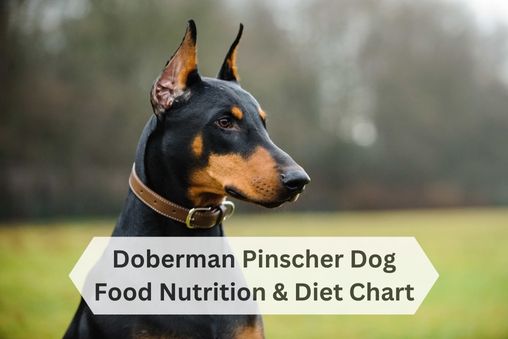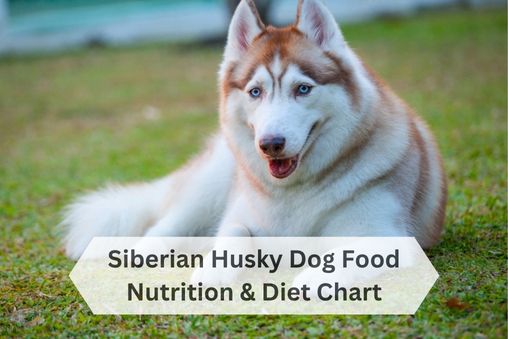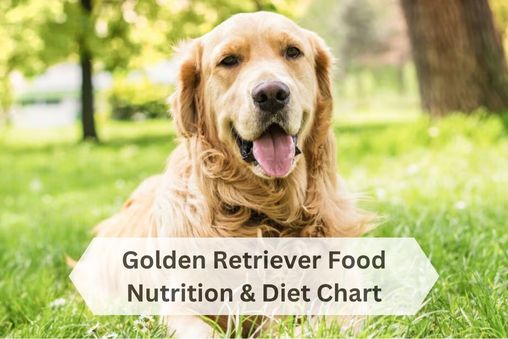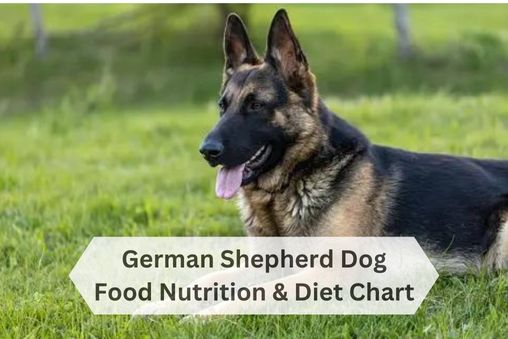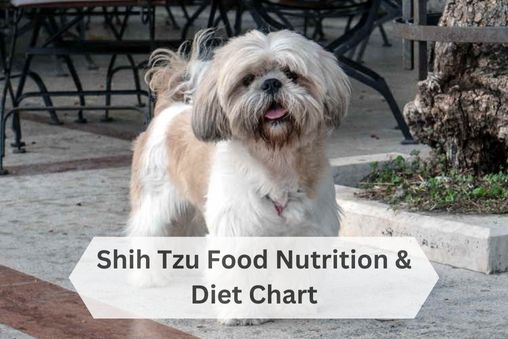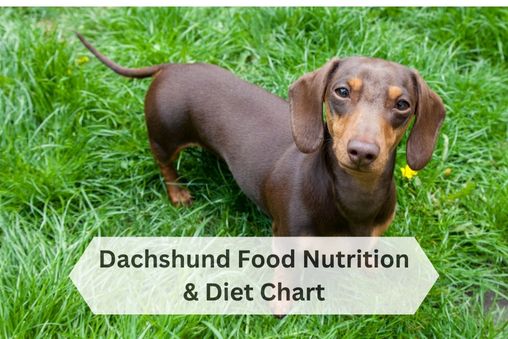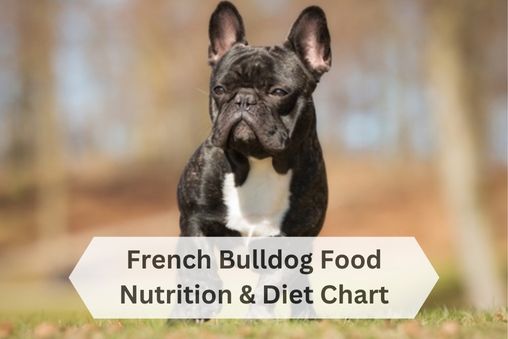Nutritional Needs of Doberman Pinschers
Doberman Pinschers are a large and active breed that require a balanced diet to support their energy levels and overall health. It is important to understand the specific nutritional needs of Dobermans in order to choose the right dog food for them.
Protein Requirements
Protein is essential for the growth and maintenance of muscle mass in Doberman Pinschers. A high-quality protein source, such as chicken, beef, or fish, should be the main ingredient in their dog food. Dobermans require a diet that contains at least 25-30% protein to support their active lifestyle.
Fat Requirements
Fat is another important component of a Doberman’s diet, providing them with a concentrated source of energy. Healthy fats, such as omega-3 and omega-6 fatty acids, are essential for maintaining a shiny coat and healthy skin. Dobermans should consume a diet that contains around 10-15% fat to support their energy needs.
Carbohydrate Requirements
Carbohydrates are a source of energy for Doberman Pinschers, but they should not make up the majority of their diet. Look for dog foods that contain complex carbohydrates, such as whole grains and vegetables, rather than simple sugars. Dobermans should consume a diet that contains around 40-50% carbohydrates to support their energy levels without causing weight gain.
By understanding and meeting the protein, fat, and carbohydrate requirements of Doberman Pinschers, you can ensure that they receive the nutrition they need to thrive. Be sure to consult with your veterinarian to determine the best diet plan for your individual dog.
Right Dog Food for Doberman Pinschers
High-Quality Protein Sources
Protein is a crucial component of a Doberman’s diet as it helps support their muscle growth and maintenance. Look for dog foods that list high-quality protein sources such as chicken, turkey, beef, or fish as the first ingredient. Avoid dog foods that contain fillers or by-products as they may not provide the necessary protein content for your Doberman.
Essential Fats and Omega-3
Fats are another essential nutrient for Doberman Pinschers, as they provide energy and support their skin and coat health. Look for dog foods that include healthy fats such as Omega-3 fatty acids, which can be found in ingredients like fish oil or flaxseed. These fats are beneficial for your Doberman’s overall health and can help maintain a shiny coat and healthy skin.
Avoiding Common Allergens
Doberman Pinschers can be prone to food allergies, so it is important to avoid common allergens such as wheat, corn, and soy in their diet. Opt for dog foods that are free from these ingredients and are formulated for dogs with sensitive stomachs. Additionally, consider rotating your Doberman’s diet occasionally to minimize the risk of developing allergies to specific ingredients.
By selecting a high-quality dog food that includes the right balance of protein, fats, and essential nutrients, you can help ensure your Doberman Pinscher maintains optimal health and energy levels. Consult with your veterinarian to determine the best diet plan for your specific dog’s needs.
Creating a Balanced Diet for Doberman Pinschers
When it comes to creating a balanced diet chart for Doberman Pinschers, it’s important to focus on providing a mix of high-quality proteins, healthy fats, carbohydrates, vitamins, and minerals. Here are some key points to consider when planning a diet for your Doberman Pinscher:
- Proteins: Ensure that your Doberman’s diet includes a good source of high-quality proteins such as lean meats (chicken, turkey, beef), fish, and eggs.
- Healthy Fats: Include sources of healthy fats such as fish oil, flaxseed oil, and coconut oil to support your Doberman’s skin and coat health.
- Carbohydrates: Opt for complex carbohydrates like sweet potatoes, brown rice, and oats to provide sustained energy for your active Doberman.
- Vitamins and Minerals: Incorporate a variety of fruits and vegetables into your Doberman’s diet to ensure they are getting a range of essential vitamins and minerals.
Doberman Pinscher Food Nutrition & Diet Chart
| Meal Time | Food | Portion | Nutrition (per serving) | Calories (per serving) | Notes |
|---|---|---|---|---|---|
| Morning Breakfast | High-quality large breed dry dog food | 1 cup | Protein: 25g, Fat: 10g, Carbs: 30g | 350 | Choose a kibble formulated for Dobermans or large breeds. |
| Lean Protein (cooked, boneless, skinless) | 4 oz (chicken/beef) | Protein: 30g (chicken), 35g (beef), Fat: 15g | 250 (chicken), 300 (beef) | Rotate protein sources to provide variety. | |
| Cooked Whole Grains | ½ cup (oatmeal/brown rice) | Carbs: 20g (oatmeal), 30g (brown rice), Fiber: 3g (oatmeal), 2g (brown rice) | 150 (oatmeal), 200 (brown rice) | Excellent source of complex carbohydrates. | |
| Afternoon Midday Snack | Dairy or Healthy Fat Source | ½ cup (cottage cheese/yogurt) | Protein: 10g, Calcium: 100mg (cottage cheese), Protein: 8g, Probiotics: present (yogurt) | 100 (cottage cheese), 150 (yogurt) | Promotes gut health and provides a calcium boost. |
| Fruits or Vegetables | Small handful (apples/carrots) | Fiber: 3g (apples), 4g (carrots), Vitamin A: 500 IU (apples), 28,000 IU (carrots) | 30 (apples), 50 (carrots) | Provides essential vitamins and fiber. | |
| Evening Dinner | Lean Protein (cooked) | 6 oz (salmon/turkey) | Protein: 40g (salmon), 45g (turkey), Fat: 20g (salmon), 10g (turkey) | 400 (salmon), 350 (turkey) | Excellent source of protein and omega-3 fatty acids (salmon). |
| Cooked Complex Carbohydrates | 1 cup (sweet potatoes/quinoa) | Carbs: 30g (sweet potatoes), 35g (quinoa), Fiber: 5g (sweet potatoes), 4g (quinoa) | 200 (sweet potatoes), 220 (quinoa) | Provides sustained energy. | |
| Vegetables | As desired (broccoli/green beans) | Fiber: 4g (broccoli), 3g (green beans), Vitamins: A, C (broccoli), Vitamin K (green beans) | 50 (broccoli), 30 (green beans) | Important source of vitamins and fiber. | |
| Bedtime Late Snack (Optional) | Pureed Vegetables | Small serving (pumpkin/carrot) | Fiber: 2g (pumpkin), 4g (carrot), Vitamin A: 2000 IU (pumpkin), 11,000 IU (carrot) | 50 (pumpkin), 30 (carrot) | Promotes digestion and provides additional Vitamin A. |
| Unsalted Natural Peanut Butter | 1 tablespoon | Protein: 4g, Healthy fats: 8g | 100 | Healthy source of fats and protein, but use in moderation. |
Supplements for Optimal Health
In addition to a balanced diet, supplements can help support your Doberman Pinscher’s overall health. Consider adding the following supplements to your Doberman’s diet:
- Omega-3 fatty acids: for skin and coat health
- Glucosamine and chondroitin: for joint health
- Probiotics: for digestive health
Consult with your veterinarian before adding any supplements to your Doberman’s diet to ensure they are safe and appropriate for your pet.

